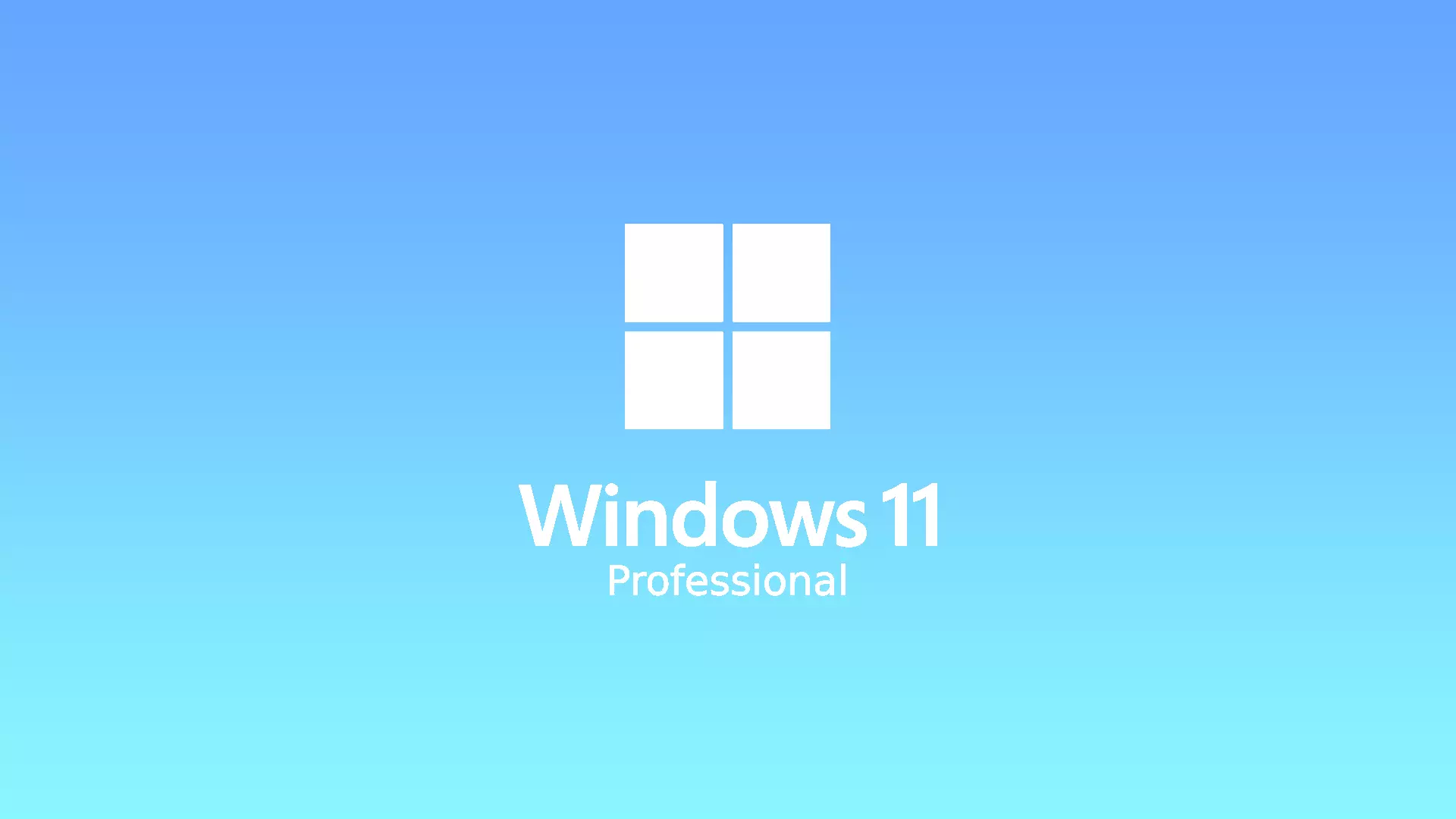The Windows 11 operating system from Microsoft has been released in several variations. The most popular with users are Home and Pro. There are several significant differences between these editions.
There are arguments among users about which version is better and more practical to use. Some people think that there is no point in upgrading to the Pro version because the basic features which are sufficient for the average user of Windows 11 are also available in the Home version.
However, other part of users still believes that there is a significant difference. Well, let’s take a closer look at the differences between the “Home” and “Professional” versions of Windows 11 and whether it’s really worth upgrading to the Pro version.
Content
What features are in both versions of Windows 11?
Both editions of the operating system have many of the same features. In addition to the standard features in the form of the Microsoft Edge browser and the Microsoft Store app store, Home and Pro implement the following technologies:
- Snap Layouts.
- For grouping open windows into a perfect grid.
- Desktops.
- Allows you to switch between multiple desktops for simplified desktop organization.
- Microsoft Teams.
- An app for communicating with other users where you can organize chats, meetings, notes, and attachments.
- Touch, handwriting, and voice input.
- For convenient use of your device in any of the available ways.
- Widgets.
- Allows you to place useful information on the screen.
- Games.
- Entertainment apps and programs run smoothly on both versions of Windows.
Windows 11 Pro includes several unique features that Home doesn’t. In most cases, they are all related to work solutions. The average user will never need them, but be sure to pay attention to them when choosing an operating system.
What are the main differences between Home and Pro in Windows 11?
One of the biggest differences is the ability to connect more powerful devices. On Windows 11 Home, users can use hardware with a maximum of 128GB of RAM and a single processor with up to 64 cores. On Windows 11 Pro, these figures are much higher. It is allowed to use 2TB of RAM and two processors up to 128 cores.
Moreover, the basic version lacks Windows Sandbox technology and the Hyper-V hardware rendering system. The first one allows activation of suspicious programs in a separate space isolated from the main operating system, and the second one is required for hardware virtualization and allows guest systems direct access to the computer devices without using additional drivers.
In most cases both technologies and advanced operating system features aren’t required by the average user, so the basic version of Windows is fine for simple needs.
What is the difference between Windows 11 Home and Pro security tools?
Both versions are equipped with state-of-the-art security features to protect your computer from virus intrusion into the system. For this purpose, the following features have been implemented in both versions:
- Data encryption.
- Only authorized users can access the data.
- Device Search.
- To detect all personal devices.
- Firewall and network protection.
- Security against viruses and malware.
- Internet protection.
- For keeping track of dangerous apps and files, and keeping your device safe.
- Parental controls and protection.
- It lets you limit how long your device is on and how much adult content it can access.
- Safe Downloads.
- Prevents dangerous apps from launching while the operating system is booting.
- Windows Hello.
- For unlocking your device with your face, fingerprint, and passwords.
- Windows Security.
- Allows you to manage data for device security.
Despite having a wide range of protection technologies, Windows Pro added a few unique features – encryption of device data with BitLocker, which allows you to lock a lost device and limit access to data, as well as Windows Information Protection (WIP) – technology to protect corporate data from leaks.
What are the business opportunities in Windows 11 Pro?
The Home edition of Windows 11, unlike the Pro edition, doesn’t include technology for business. These features are listed below:
- Limited access.
- Allows you to run separate apps for different users while maintaining distinctive operations.
- Dynamic preparation.
- Quickly launch your appliance “out of the box” as an enterprise solution with minimal time and effort.
- Enterprise State Roaming with Azure.
- With Azure AD Premium or Enterprise Mobility + Security (EMS), the service will give users a consistent experience across devices and reduce the time to connect new hardware.
- Group Policy.
- Required to manage computers, printers, and user accounts.
- Kiosk mode parameter settings.
- For the local and remote settings of the device parameters.
- Microsoft Store for business.
- Store apps for business users.
- Mobile Device Management (MDM).
- Required to manage your computer through the cloud.
- Active Directory support.
- Provides remote access for staff to manage the computer.
- Azure Active Directory support.
- Allows you to use a single login account.
- Windows Update Center for Business.
- Reduces the cost of managing and controlling updates.
After comparing Windows 11 Home and Pro, it’s clear that Windows 11 Home has all the features that the average user needs on a PC. And even if you need any of those Pro features, there are workarounds to get them in Windows 11 Home as well.
You can still take advantage of third-party services that offer similar features to make the Home version more competitive with the Pro version. However, if you’re a professional user who wants all the advanced features like hardware encryption, Windows Sandbox, Kiosk Mode, etc., it doesn’t hurt to pay the extra $99.



